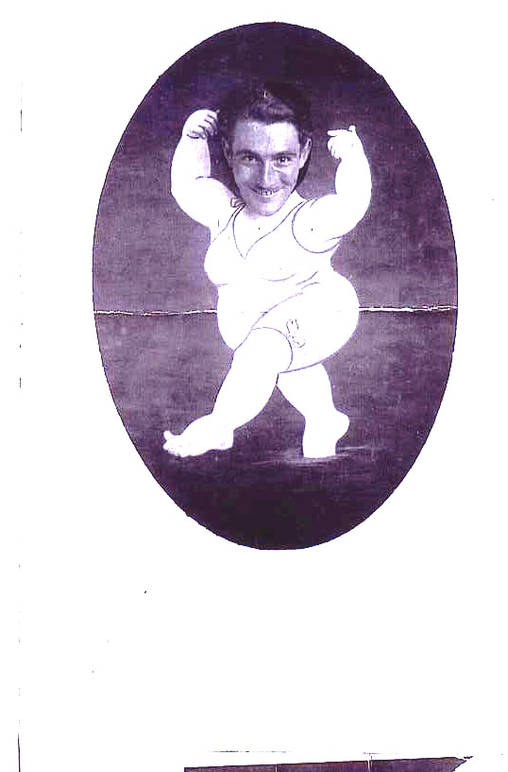Photographs of Jack Salvatori, the British Valentino
In August 2009 I wrote a blog post on the film Umanità (Cinecittà’s Refugees and the Italian American Who Filmed Them), a rare visual document about war refugees living at Cinecittà in the 1940s, and Jack Salvatori, the relatively obscure director who made the film.
Since that post I have communicated with Salvatori’s son, Ray Holland, first via a comment on my post and later through email.
Holland has shared much biographical insight about Salvatori—who was not, as I had assumed precisely Italian AMERICAN, but rather born of an Italian father and a British mother.
He spent most of his life in England and Italy, and fought in both World Wars
He eventually also came to the U.S. to work in Hollywood and had small parts in, for instance, Henry King’s 1949 film Princes of Foxes starring Tyrone Powers and Orson Welles (which was mostly filmed in Italy).
Last week I was quite fortunate to receive a large (and unexpected) envelope from England. It was from Ray Holland and was filled with photograph copies of original photos of his father. I post them here with his permission, noting what information he was able to share with me about the images. I hope that more information about this unique figure and his relationship to Italian cultural history may be uncovered through these photographs.
As Holland describes on the comments section of my original post, Salvatori was sometimes considered the British Valentino, was friends with Lillian Gish, and was an extra in Vittorio De Sica’s Bicycle Thief.
Salvatori’s life and work are brilliant illustrations of the dynamic shifts associated with the Italian diaspora. Rather than a simple or unidirectional trajectory, he and his family’s experiences speak to the complexities of cultural shaping and what potentially gets misplaced or misconstrued in reconstructing such cultural maps—not to mention just how many envelopes there are still left for us to open.
Many thanks to Ray Holland.





































i-Italy
Facebook
Google+
This work may not be reproduced, in whole or in part, without prior written permission.
Questo lavoro non può essere riprodotto, in tutto o in parte, senza permesso scritto.